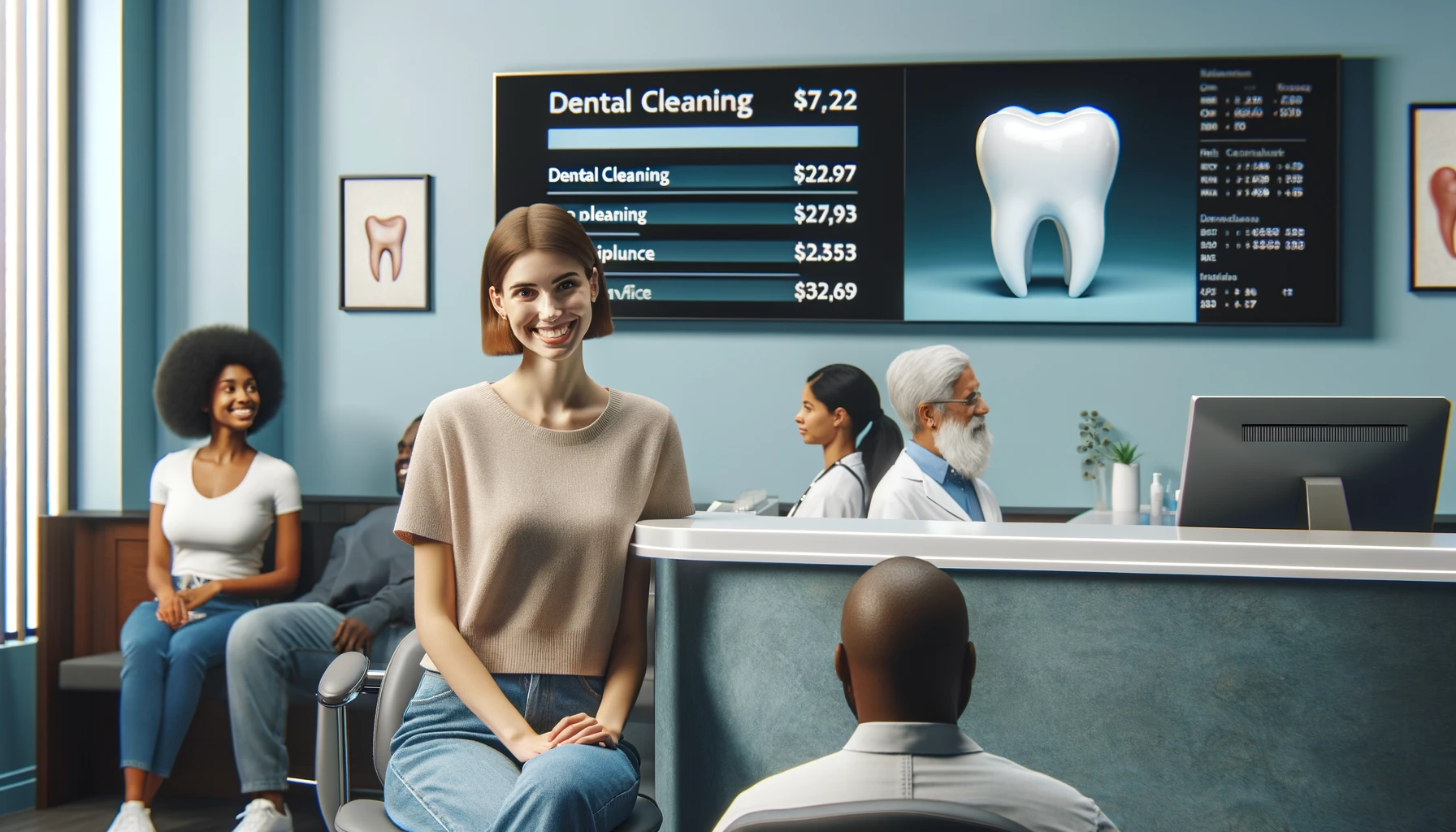Dental cleanings are a fundamental aspect of maintaining oral health, yet many people remain uncertain about the duration and process involved. Understanding how long a dental cleaning takes can help you plan your appointments effectively and ensure you are taking the necessary steps to protect your oral health. This article will provide an in-depth exploration of dental cleanings, covering everything from types of cleanings and their durations to factors that influence appointment times.
The Importance of Dental Cleanings
Regular dental cleanings are essential for several reasons:
Prevention of Oral Diseases: Routine cleanings help prevent gum disease, cavities, and other oral health issues by removing plaque and tartar buildup.
Early Detection: Dental cleanings allow dentists to identify potential problems early, which can lead to more effective treatment and better outcomes.
Maintaining Overall Health: Oral health is closely linked to overall health. Poor oral hygiene can contribute to systemic issues such as heart disease and diabetes.
Typical Duration of a Dental Cleaning
On average, a standard dental cleaning appointment lasts between 30 minutes to an hour. However, this duration can vary based on several factors, including the type of cleaning being performed and the condition of the patient’s oral health.
Breakdown of Appointment Stages
A typical dental cleaning involves several stages, each contributing to the overall duration:
| Stage | Duration |
|---|---|
| Initial Examination | 5-10 minutes |
| Scaling and Plaque Removal | 15-30 minutes |
| Polishing | 5-10 minutes |
| Fluoride Treatment | 1-5 minutes |
| Final Examination and Consultation | 5-10 minutes |
Types of Dental Cleanings
Understanding the different types of dental cleanings is crucial in determining how long your appointment may take.
Routine Cleaning (Prophylaxis)
A routine cleaning is performed for patients with generally good oral health. This type of cleaning typically lasts between 30 to 60 minutes and includes:
Scaling: Removal of plaque and tartar from tooth surfaces above the gum line.
Polishing: Smoothing the tooth surfaces to remove stains using a gritty toothpaste.
Fluoride Treatment: Application of fluoride to strengthen tooth enamel.
Deep Cleaning (Scaling and Root Planing)
For patients with gum disease or extensive tartar buildup, a deep cleaning may be necessary. This procedure can take significantly longer, often lasting 1 to 2 hours or more, depending on the severity of the condition. Deep cleanings involve:
Scaling Below the Gum Line: Removal of plaque and tartar from below the gum line using specialized instruments.
Root Planing: Smoothing out rough spots on tooth roots to prevent future bacterial accumulation.
Periodontal Maintenance Cleaning
For patients with a history of periodontal disease, ongoing maintenance cleanings are necessary. These appointments may last between 45 minutes to an hour, focusing on maintaining gum health through regular removal of plaque and tartar.
Factors Influencing Appointment Duration
Several factors can impact how long your dental cleaning appointment will take:
Oral Health Condition: Patients with healthy gums typically have shorter appointments compared to those with gum disease or significant plaque buildup.
Frequency of Visits: Regular visits usually result in shorter cleaning sessions since less buildup occurs between appointments.
Type of Cleaning Required: Routine cleanings are quicker than deep cleanings or maintenance cleanings for gum disease.
Additional Procedures: If X-rays or other treatments are needed during your visit, this can extend the appointment time.
Patient Comfort Level: Some patients may require more time due to anxiety or sensitivity during dental procedures.
What Happens During a Dental Cleaning? A Step-by-Step Guide
Understanding what occurs during a dental cleaning can help alleviate any anxiety associated with the process. Here’s a step-by-step breakdown:
Consultation and Examination (5-10 minutes):
- The dentist or hygienist reviews your oral health history and performs an examination for signs of gum disease or cavities.
Scaling (15-30 minutes):
- Using specialized tools, plaque and tartar are removed from tooth surfaces and between teeth.
Polishing (5-10 minutes):
- The hygienist applies gritty toothpaste with an electric brush to polish teeth, removing surface stains.
Flossing (5 minutes):
- Each tooth is carefully flossed to remove any remaining debris, demonstrating proper flossing techniques.
Rinsing (1 minute):
- You rinse with water or fluoride mouthwash to eliminate debris and polish residue.
Fluoride Treatment (1-5 minutes):
- Depending on individual needs, fluoride may be applied to strengthen enamel.
Final Examination (5-10 minutes):
- The dentist performs a final check, discusses any findings or concerns, and provides oral hygiene tips until your next visit.
Benefits of Regular Dental Cleanings
Regular dental cleanings offer numerous benefits that extend beyond just maintaining a bright smile:
Improved Oral Health: Consistent cleanings reduce the risk of cavities and gum disease by removing harmful bacteria before they can cause damage.
Cost Savings: Preventive care is often less expensive than treating advanced dental issues that arise from neglecting oral hygiene.
Enhanced Confidence: A clean mouth contributes to fresher breath and improved self-esteem when smiling or speaking with others.
Conclusion
Understanding how long a dental cleaning takes is essential for effective planning and maintaining your oral health. Typically lasting between 30 minutes to an hour for routine cleanings, this timeframe can vary based on individual circumstances such as oral health condition, type of cleaning required, and additional procedures needed during the visit.
By prioritizing regular dental cleanings as part of your overall healthcare routine, you not only protect your teeth but also contribute positively to your overall well-being. Make sure to schedule your next appointment promptly; it’s an investment in both your smile and your health!














